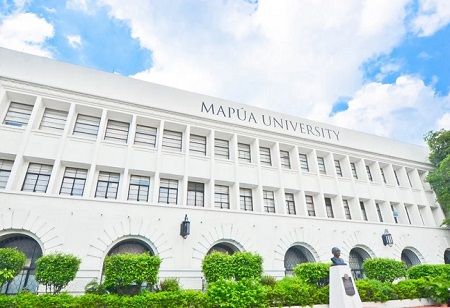Mapúa University, a leading engineering and technological institution in the Philippines, has announced its plans to transform the classroom experience for students starting in August 2024. The university will utilize AI-driven collaboration and connectivity tools to enhance the learning environment in the upcoming academic year.
Developed in partnership with Cisco through its Country Digital Acceleration (CDA) program in the Philippines, UGNAYAN 2030 marks the country’s first digital classrooms. These innovative classrooms support Mapúa’s Tri-X (triple experience) teaching and learning framework, allowing students to select their preferred mode of participation for each lesson—be it face-to-face, synchronous, or asynchronous learning.
“The future of education is here, and our learning modalities at Mapúa are breaking barriers by creating limitless opportunities for personalized, accessible learning. We are excited for this next chapter of our partnership with Cisco to enable students to achieve better learning outcomes with greater flexibility and personalized learning with our digital classrooms. This is a big step towards our vision to foster sustainable socio-economic growth through innovation, digital transformation, and lifelong education”, said Dr. Dodjie S. Maestrecampo, President and Chief Executive Officer of Mapúa University.
The CDA program in the Philippines, known as UGNAYAN 2030, is a strategic initiative involving government leaders, industry, and academia. Its goal is to advance the country’s national digital agenda by enhancing digital resilience and addressing existing challenges in key areas such as connectivity, collaboration, and cybersecurity.
“Technology is transforming the way we work, learn, and live. We are excited to support Mapúa University’s transformative journey to become a leading innovation hub that utilizes cutting-edge teaching and learning methods under UGNAYAN 2030. By helping the university leverage AI and inclusive collaboration tools in the classroom, we are closing the learning divide, enhancing student access, and ensuring quality education for every student nationwide so that no one gets left behind”, said Zaza Soriano-Nicart, Managing Director of Cisco Philippines.
Supported by ICT solutions integrator Microdata, Cisco’s AI-driven collaboration tools and smart cameras are designed to foster inclusive, engaging, and secure learning experiences for hybrid education. The university now boasts five digital classrooms; three are located at the Intramuros Campus, delivering courses on Engineering, Architecture, Liberal Arts, and Athletics, and two at the Makati Campus, providing courses on Information Technology, Media Studies, Business, Health Sciences, and Nursing. In the new academic year in August, Mapúa University will open the digital classrooms for official use in course lectures, extra-curricular activities, and inter-campus planning sessions and meetings across its Intramuros, Makati, Laguna, and Davao Campuses.
These smart classrooms are a significant move toward Mapúa’s goal of transforming into a fully smart campus. In the next phase, the university plans to further utilize digital classrooms to enhance education accessibility across borders and provide a more internationalized learning experience for its students.

